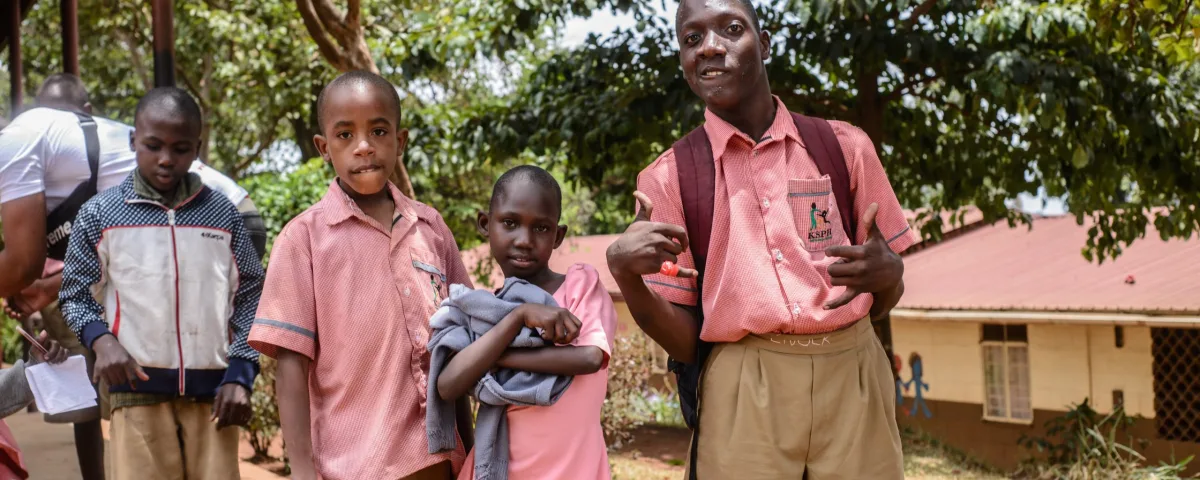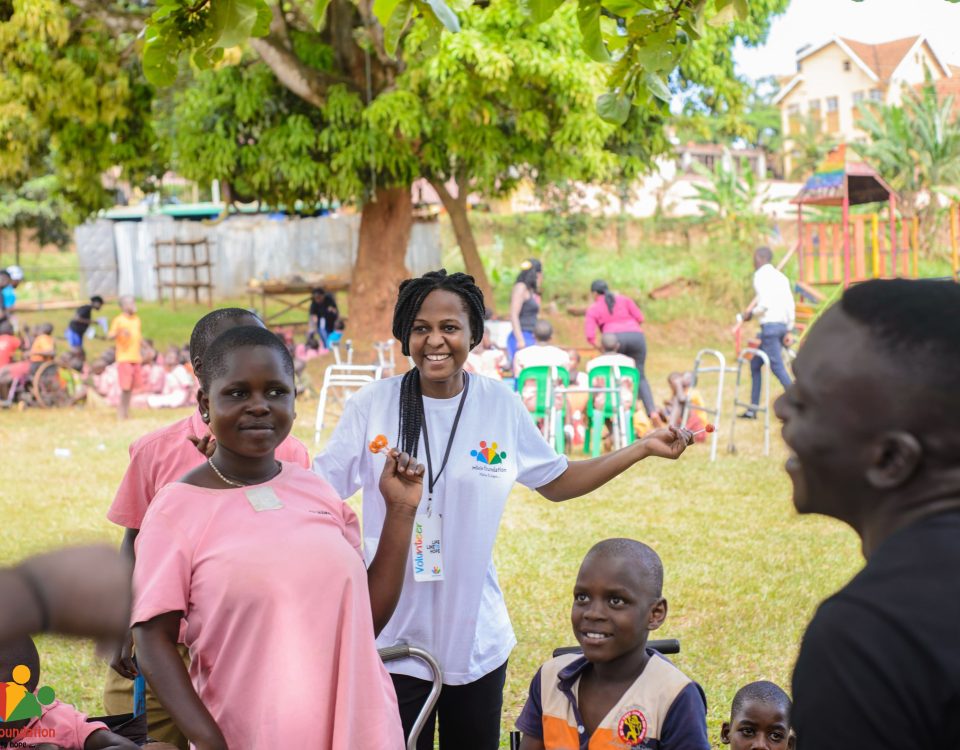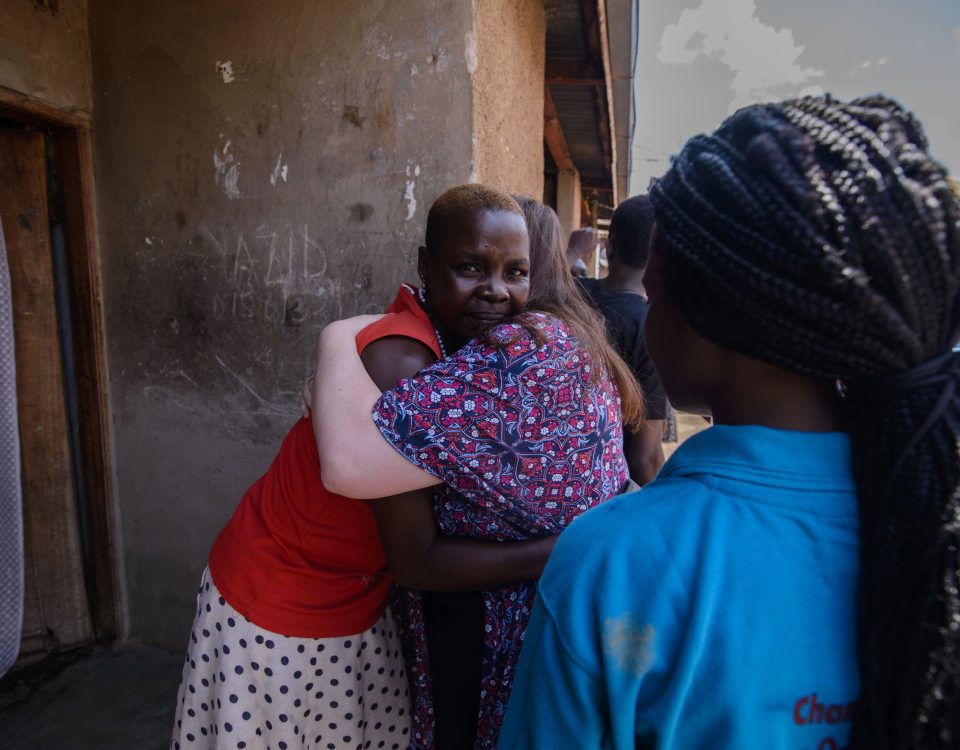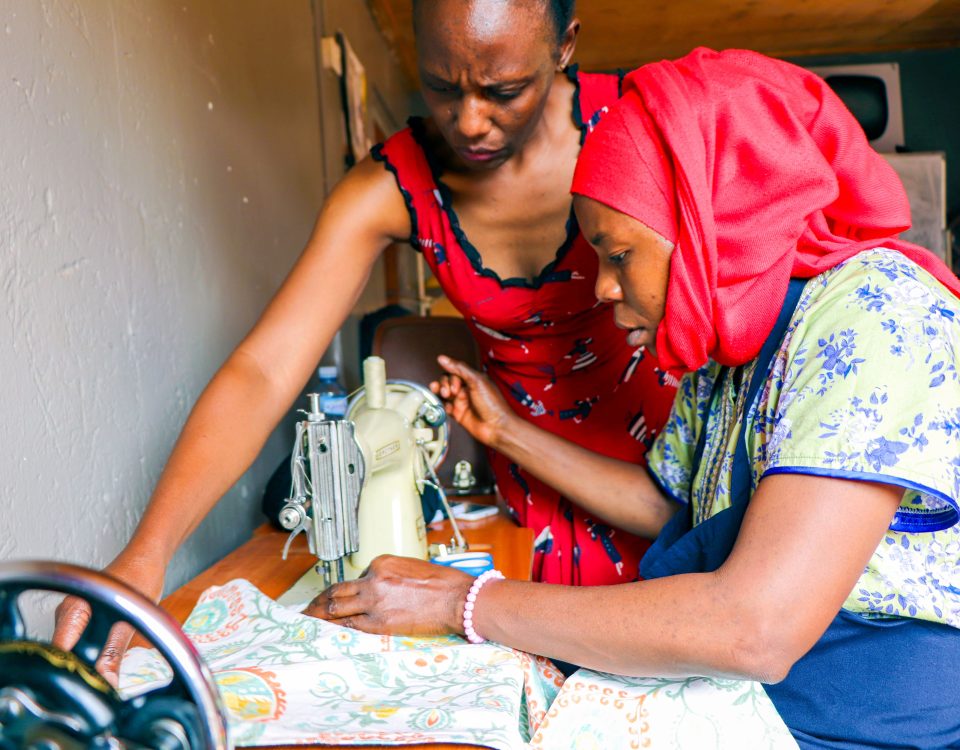
Community outreach in Uganda
March 22, 2022
Is it safe to sponsor a child in Uganda?
March 28, 2022The situation about disabled children in Uganda–About 16% of the children in Uganda are disabled. All these children are victims to either Hearing problems, Visual problems, mental health issues or physical impairments. Regardless of these disabilities, we believe all children have a right to reach their full potential at all costs possible. We all want to keep our children safe and secure and help them to be happy and healthy.
The education of disabled children in Uganda.
Only 5 percent of these children with disabilities can access education through Inclusive Schools and 10% through special needs schools. According to the Ministry of Education and Sports in Uganda (2017), 1.6% of the children enrolled in pre-primary schools have disabilities.
Majority of them are children with mental issues (28%) followed by those with hearing problems (25%), then those with visual problems (22%), physical impairment (16%), autism (5%) and multiple handicaps-deaf and blind (4%), 2.0% are enrolled in Primary school and 0.6% enrolled in Secondary school and there is completely no data available on students with disabilities enrolled in universities and other tertiary institutions.
This brings about questions like why is the number of these children still low in the education system. What happens to these children when they get done with secondary school? Has the government and other concerned organizations been in position to support these children.
Challenges they Faced
There is limited involvement or completely no involvement in formulation, dissemination and implementation of the laws and policies that relate to disabled children in Uganda. This brings about the abuse of their rights.
These children face a problem of Community misconceptions and stigmas within themselves and in their homes which in most cases leads to attitudes and behaviors of neglect, isolation and abuse within the communities and families they live within leading to increased discrimination.
According to research, the disabled children in Uganda are mostly discriminated against and neglected by their parents and close family members. Usually, children with disabilities lack nutritious foods which affects their growth both physically and cognitively. This results in poor health conditions.
The enrollment of children with disabilities in Uganda is still too low and this is because of a number of reasons which include;
- Financial incapacity to manage the school dues by the parents of these children.
- The current school curriculum is not yet sensitive to the educational needs of disabled children and opportunities for these children are consequently limited and restricted.
- The negative attitude teachers and fellow children have towards these disabled children affects their stay in school since their efforts are regarded as useless.
- There are a Few trained teachers for disability skills and limited institutions to cater for all these children.
The Future of Disabled Children in Uganda
The rules and regulations regarding disabled children should be revised by the government of Uganda to eliminate discrimination and stigma amongst these children.
Regardless of their disabilities, these children deserve a right to be educated, trained and involved in activities that are done by other children without disabilities.
These children should also be provided with counseling and guidance services in a way of reminding them that they are not disabled but rather differently abled.




